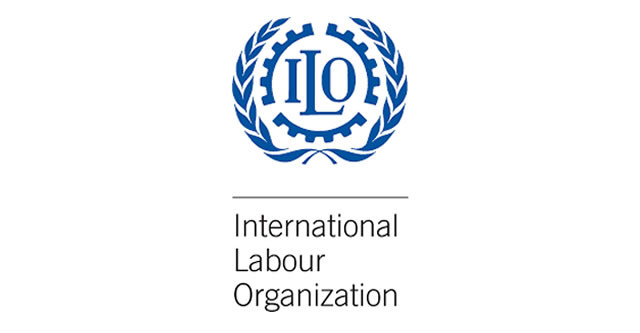The International Labour Organisation has stated that investing in care policies has the potential to generate millions of jobs, stating a sustainable annual investment of over $204 billion by 2035 to address care policy gaps.
ILO, in its latest report titled ‘Care at Work: Investing in Care Leave and Services for a More Gender Equal World of Work – Companion Regional Report for the Middle East and North Africa, assessed the labour market impact of investing in the care economy in the Middle East and North Africa.
ILO evaluated the labor market effects of investing in the care economy in the Middle East and North Africa.
The report indicated that by 2035, nearly 13 million jobs could be created in 12 countries across the Middle East and North Africa through investments in care policies related to childcare leave, breastfeeding breaks for working mothers, and the expansion of early childhood care and education as well as long-term care services.
The report urged for investments in care policy packages across the region to significantly enhance economic and social outcomes, including reducing the gender employment gap and advancing gender equality in the workplace.
The report highlighted the need for a sustainable annual investment of over $204 billion by 2035 to address care policy gaps, which is equivalent to an average of 5.8 percent of GDP per country. This investment is projected to decrease the gender gap in employment rates by seven percentage points and the gender gap in monthly earnings from 15 per cent in 2019 to 1.8 per cent in 2035.
ILO also emphasized that every dollar spent on care packages is expected to lead to approximately three dollars of GDP increase, underscoring the positive economic impact of care investments.
According to the ILO executives, they hope the main message of the report will resonate among governments, employers and workers’ organisations, as well as the multiple global, regional and national partners working together to build a more caring world of work.
“It outlines the gaps in current policies, the economic and social benefits of investing in care, and the way forward for transforming care policy packages,” they explained.
They noted that despite the universal acknowledgment of maternity protection as a fundamental human and labor right, its implementation across the MENA region remained inconsistent.
The executives stated that the report also aimed to identify shared recommendations and actionable strategies for achieving universal access to quality ECCE through transformative care policies and the promotion of decent work conditions.




















